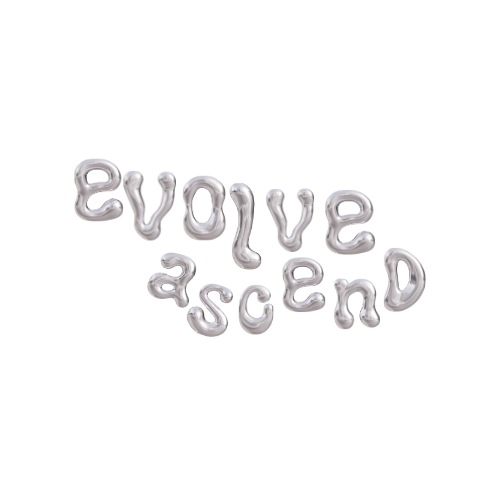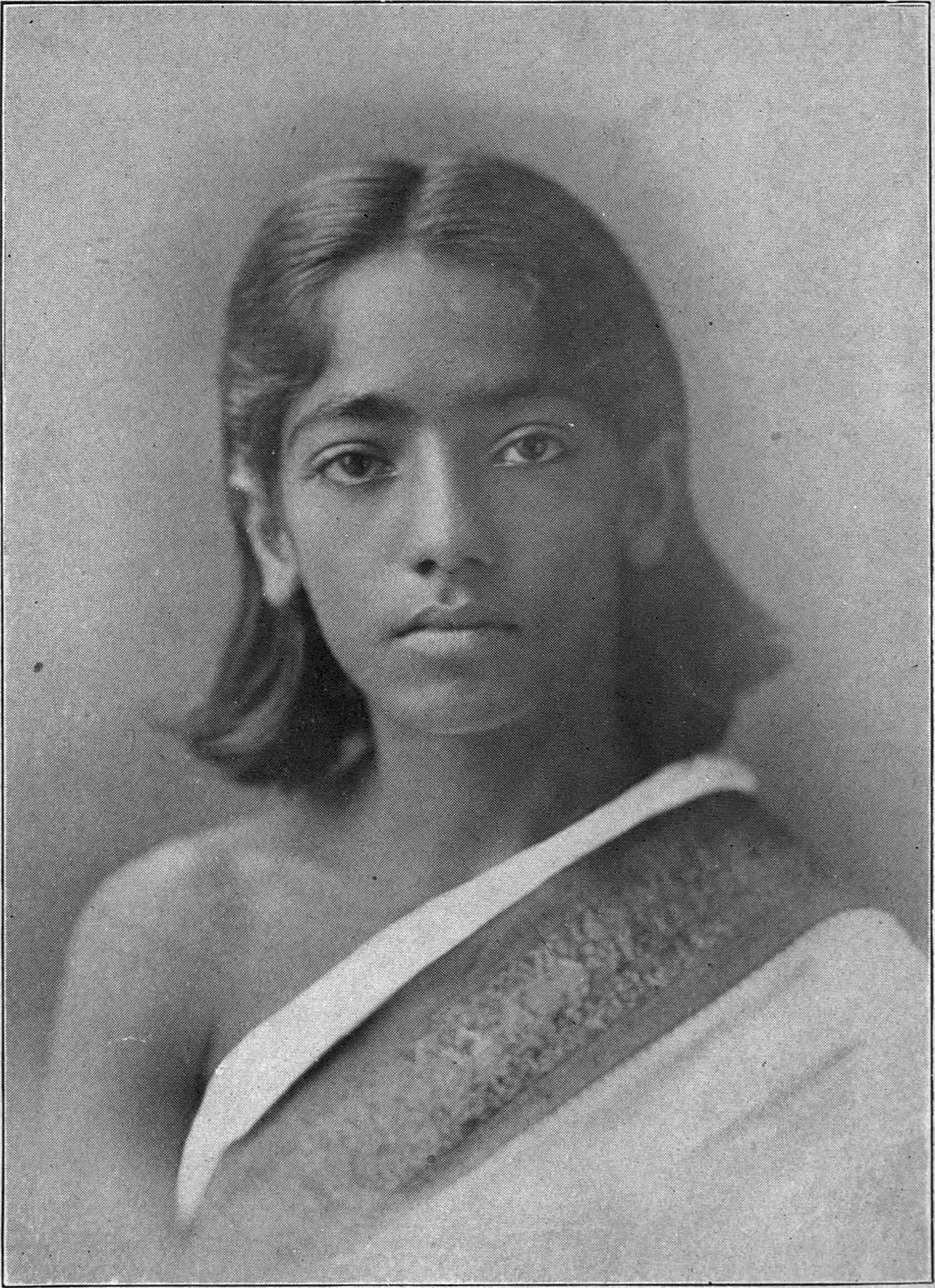Krishnamurti's Wisdom for the 21st Century: Top 10 Quotes You Need to Read
Jiddu Krishnamurti (1895–1986), an Indian philosopher, speaker, and writer, was born in Madanapalle, India. His works focused on matters concerning the mind, meditation, human relationships, and the sacred.
Krishnamurti in 1910
In his youth, Krishnamurti was adopted by the Theosophical Society, a group that believed he was the prophesied World Teacher, destined to guide humanity's spiritual evolution. Charles Leadbeater, a key figure in the Society, was convinced that Krishnamurti would become a significant spiritual teacher and orator, envisaging him as the "vehicle for the Lord Maitreya" according to Theosophical beliefs, which posited that this advanced spiritual entity would periodically appear on Earth to guide humankind.
The Theosophical Society's expectations for Krishnamurti were often misinterpreted by the popular press, which sensationalized the idea, suggesting that he was expected to be a "New Messiah." Annie Besant, alongside Leadbeater, clarified in various talks and writings that Krishnamurti was considered a potential vessel for the "World Teacher," a concept distinct from the messianic expectations. This clarification was particularly emphasized in Besant's article in "The Theosophist" (September 1926), where she explained the nuanced position of Krishnamurti's potential role.
In 1913, during a lecture in Stockholm, Besant further elucidated this concept by identifying the World Teacher as a Bodhisattva, an enlightened being dedicated to assisting humanity, as detailed in her publication "Superhuman Men" (T.P.S. London, 1913).
Famous Speech about Truth is a Pathless Land
In a pivotal moment in 1929, at the age of 34, Krishnamurti made a profound and widely publicized speech where he unequivocally rejected the role of the World Teacher that had been prepared for him.
During this significant event, he disbanded the Order of the Star, the organization established to support his anticipated role. He stated his opposition to the concept of saviors, spiritual leaders, or intermediaries to truth, advocating instead for direct personal insight and understanding of one's own mind as the path to radical change in mankind.
Following this rejection, Krishnamurti spent the remainder of his life traveling the world, engaging with both large audiences and individuals in discussions about self-awareness, personal insight, and the necessity of a fundamental transformation in human consciousness.
The Scene in "The OA" Where Brit Marling Quotes Krishnamurti
In the Netflix series "The OA” (2016 - 2019), created by Brit Marling and Zal Batmanglij, there are a few memorable scenes that seem to subtly reference the philosophy of Krishnamurti.
In Season 1, Episode 1, when the OA (Brit Marling) confronts a hostile dog by choosing to directly engage with it rather than flee, this moment can be interpreted through the lens of Krishnamurti's advice to face and examine one's fears and troubles directly rather than avoiding them.
This allusion is further enhanced when the OA, pretending to be the stepmother of the character Steve Winchell (played by Patrick Gibson), in conversation with his teacher, Betty Broderick-Allen (played by Phyllis Smith), says: “It’s not really a measure of mental health to be well-adjusted in a society that’s very sick.”
This was a direct paraphrase of Krishnamurti’s famous quote: “It is no measure of health to be well adjusted to a profoundly sick society.”
Krishnamurti's Enduring Relevance
In an era marked by rapid technological advancements, environmental crises, and societal upheavals, Krishnamurti's insights into the nature of reality and human relationships are more pertinent than ever.
Krishnamurti's philosophy urges us to confront the inner turmoil and confusion that mirror our external world, advocating for a transformation that begins within the individual. This inward journey, according to Krishnamurti, is essential for effecting genuine change in our lives and society at large. His perspective that truth is a pathless land speaks to the unique journey we must undertake to find meaning and peace, underscoring the importance of personal responsibility in the quest for a better world.
As we navigate the complexities of the strange and uncertain now, Krishnamurti's call for self-inquiry and the dismantling of psychological barriers to freedom may offer solace from the chaos of modernity. His critique of conformity and the societal pressures to adhere to dysfunctional norms challenges us to rethink our values and priorities. In this light, Krishnamurti's wisdom is not just a reflection on the human condition but a guidepost for those aspiring to live with greater consciousness, empathy, and purpose.
Ten Prescient Krishnamurti Quotes
“Governments want efficient technicians, not human beings because human beings become dangerous to governments – and to organized religions as well. That is why governments and religious organizations seek to control education.” - Krishnamurti, Education and the Significance of Life
“No one can live without relationship. You may withdraw into the mountains, become a monk, a sannyasi, wander off into the desert by yourself, but you are related. You cannot escape from that absolute fact. You cannot exist in isolation.” - Krishnamurti
“When you call yourself an Indian or a Muslim or a Christian or a European or anything else, you are being violent. Do you see why it is violent? Because you are separating yourself from the rest of mankind. When you separate yourself by belief, by nationality, by tradition, it breeds violence.” — Krishnamurti
“One is never afraid of the unknown; one is afraid of the known coming to an end.” - Krishnamurti
“In oneself lies the whole world, and if you know how to look and learn, the door is there, and the key is in your hand. Nobody on earth can give you either the key or the door to open, except yourself.” - Krishnamurti
“There is no end to education. It is not that you read a book, pass an examination, and finish with education. The whole of life, from the moment you are born to the moment you die, is a process of learning.” - Krishnamurti
“Fear is an extraordinary jewel that has dominated human beings. If you can hold it and look at it, one begins to see the ending of it.” - Krishnamurti at Brockwood Park 1984, Talk 2
“Freedom and love go together. Love is not a reaction. If I love you because you love me, that is mere trade, a thing to be bought in the market; it is not love. To love is not to ask anything in return, not even to feel that you are giving something – and it is only such love that can know freedom.” - Krishnamurti, Think On These Things
“All ideologies are idiotic, whether religious or political, for it is conceptual thinking, the conceptual word, which has so unfortunately divided us.” - Krishnamurti, You Are the World
“If we know how to look at violence, not only outwardly in society – the wars, riots, national antagonisms and class conflicts – but also in ourselves, perhaps we shall be able to go beyond it.” - Krishnamurti, Freedom From the Known












